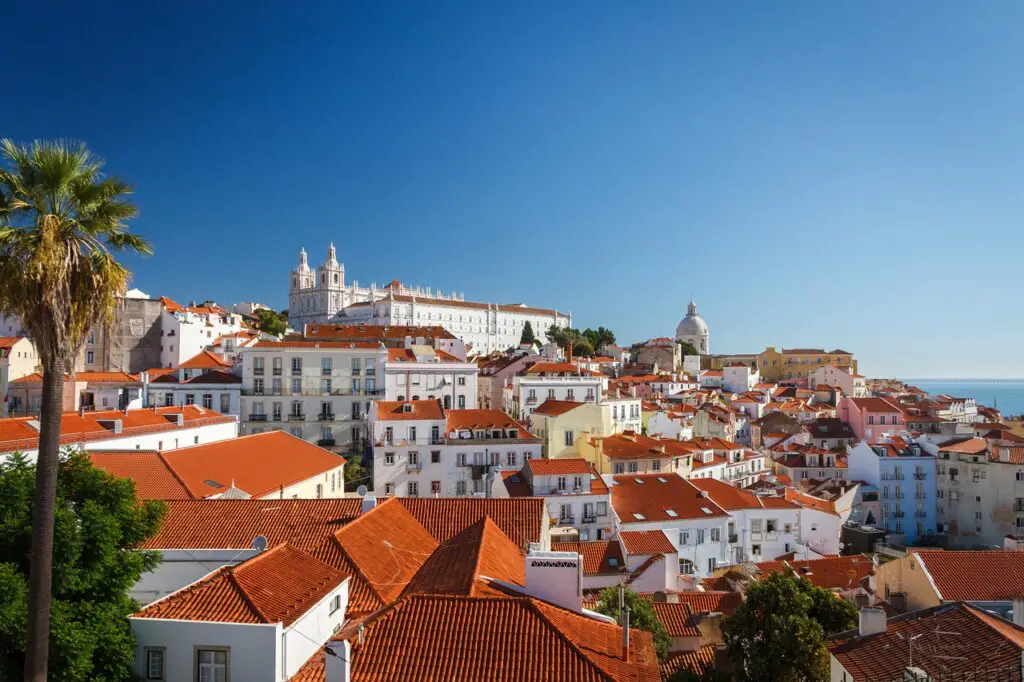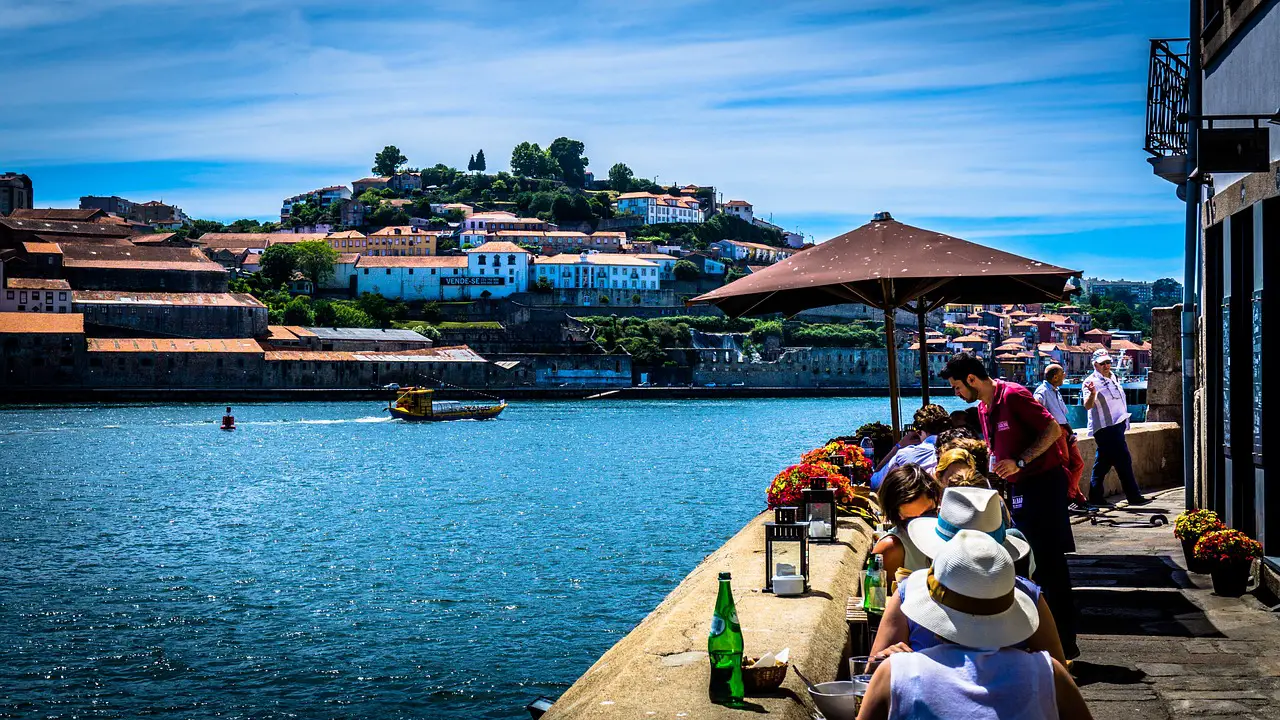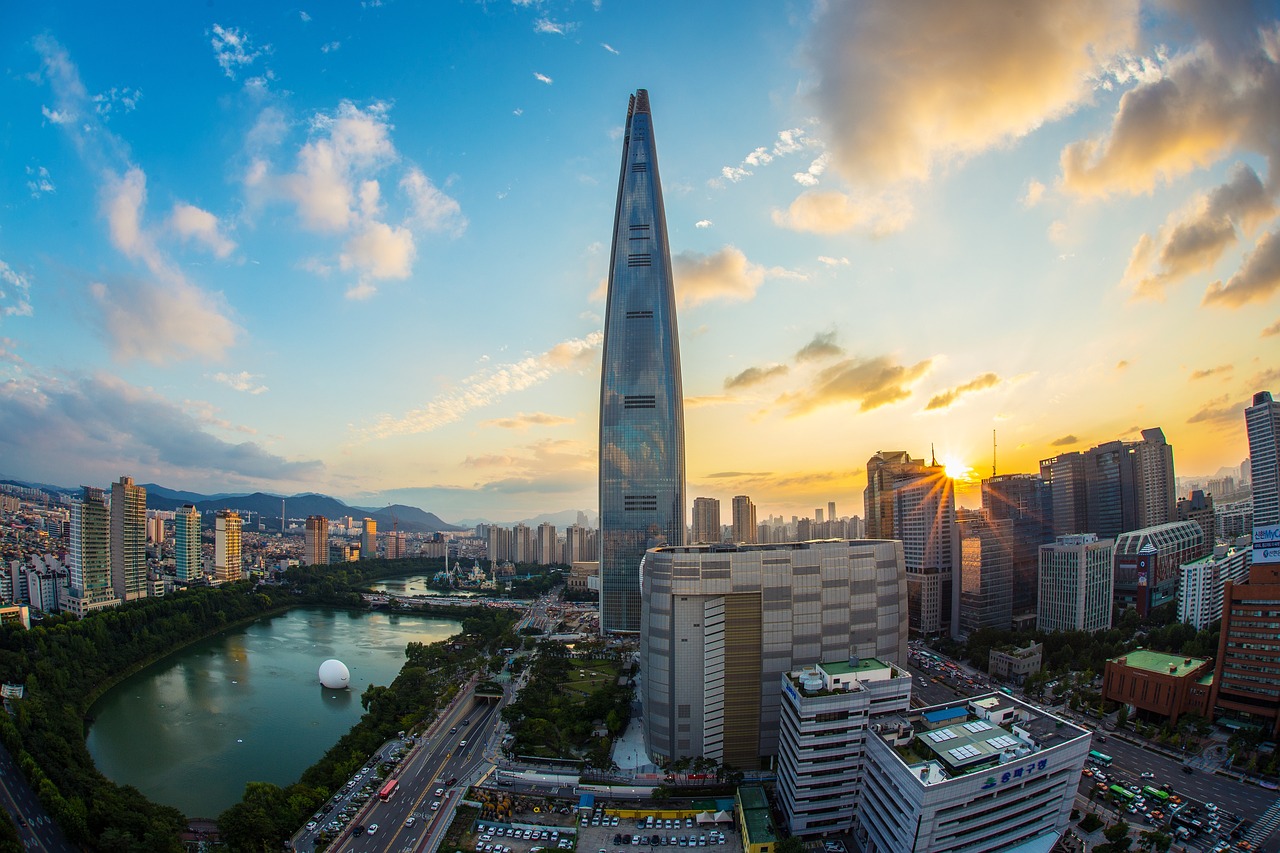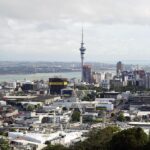Portugal has become a beacon for digital nomads, offering a blend of vibrant culture, stunning landscapes, and a welcoming environment for remote workers. Introduced in October 2022, the Portugal Digital Nomad Visa, officially known as the D8 Visa, has solidified the country’s position as a top destination for location-independent professionals.
This visa allows non-EU/EEA/Swiss citizens to live and work remotely in Portugal while enjoying access to the Schengen Area, favorable tax policies, and an affordable cost of living compared to other Western European nations. As of 2025, the D8 Visa continues to evolve, with updated requirements and processes that reflect Portugal’s growing economy and immigration policies. This comprehensive guide explores the eligibility criteria, application process, costs, benefits, and practical tips for securing the Portugal Digital Nomad Visa in 2025, providing a roadmap for remote workers dreaming of a life in this picturesque European country.
Overview of the Portugal Digital Nomad Visa
The Portugal Digital Nomad Visa (D8 Visa) is designed for freelancers, remote employees, and entrepreneurs who earn income from sources outside Portugal. Unlike the D7 Visa, which caters to those with passive income, the D8 Visa targets individuals with active remote work income, making it ideal for digital nomads. The visa offers two pathways:
Temporary Stay Visa: Valid for up to one year, non-renewable, suitable for those seeking a shorter stay.
Residency Visa: Initially valid for four months, allowing holders to apply for a two-year residence permit, renewable for up to five years, with a pathway to permanent residency or citizenship.
The D8 Visa provides visa-free travel within the 27 Schengen Area countries, access to Portugal’s high-quality healthcare system, and the opportunity to immerse in a culture that prioritizes work-life balance. With cities like Lisbon and Porto offering robust internet infrastructure and vibrant coworking scenes, Portugal is a haven for digital nomads.
Eligibility Requirements for the D8 Visa in 2025
To qualify for the Portugal Digital Nomad Visa in 2025, applicants must meet specific criteria to ensure financial stability and compliance with Portuguese immigration laws. Below are the key requirements:
- Nationality and Age
Applicants must be at least 18 years old.
The visa is available to non-EU/EEA/Swiss citizens. EU/EEA/Swiss citizens do not require a visa but must register their residence with AIMA (Agência para a Integração, Migrações e Asilo) if staying beyond 90 days.
- Income Requirement
Applicants must demonstrate a consistent monthly income of at least four times the Portuguese minimum wage. In 2025, the minimum wage is €870 per month, setting the income threshold at approximately €3,480 per month (after taxes).
Income must be derived from remote work for non-Portuguese entities, such as:
Employment contracts with foreign companies.
Freelance agreements or client contracts.
Business ownership with international clients.
Proof of income requires three to six months of bank statements, payslips, or invoices, depending on the consulate’s requirements.
- Savings Requirement
Applicants must show savings equivalent to at least 12 times the Portuguese minimum wage, totaling €10,440 in 2025.
For those including family members (spouse, dependent children, or parents), additional savings are required:
€5,220 per adult (50% of the primary applicant’s savings requirement).
€3,132 per child (30% of the primary applicant’s savings requirement).
Example: A family with a spouse and one child must show savings of at least €18,792.
- Proof of Remote Work
Applicants must provide evidence of remote employment or self-employment, such as:
Employment contracts or letters from employers confirming remote work.
Freelance agreements or client contracts.
Business registration documents for entrepreneurs.
- Accommodation
Proof of accommodation in Portugal is mandatory:
Temporary Stay Visa: A rental agreement of at least four months.
Residency Visa: A rental agreement of at least 12 months, a property deed, or a letter of invitation from a host.
Hotel bookings are generally not accepted. The documentation must include the address, duration, and tenant names.
- Health Insurance
Applicants must have comprehensive health insurance valid in Portugal with a minimum coverage of €30,000 per person for the duration of the stay.
Travel insurance is not sufficient; the policy must cover residency in Portugal. Once a residence permit is obtained, applicants can switch to Portugal’s public healthcare system.
- Clean Criminal Record
A certificate of no criminal record from the applicant’s country of residence (and any country resided in for over six months in the past five years) is required.
The certificate must be apostilled or notarized and translated into Portuguese.
- Additional Requirements
A valid passport with at least six months of remaining validity.
Two passport-sized photos (4.5 x 3.5 cm).
A motivation letter in English explaining the reasons for moving to Portugal.
Proof of tax payments or tax return receipts.
For family applications, proof of relationship (e.g., marriage or birth certificates) is required, apostilled or notarized.
Application Process for the Portugal Digital Nomad Visa
The application process for the D8 Visa is straightforward but requires meticulous preparation to avoid delays or rejections. Below is a step-by-step guide for 2025:
Step 1: Gather Required Documents
Collect all necessary documents, ensuring they meet the consulate’s specifications:
Valid passport (copy and original).
Two recent passport photos.
Bank statements showing €3,480 monthly income and €10,440 in savings.
Employment or freelance contracts proving remote work.
Rental agreement or property deed.
Health insurance certificate.
Criminal record certificate (apostilled and translated).
Motivation letter.
Tax documents.
For family applications, include marriage or birth certificates.
Documents issued by government authorities (e.g., criminal records, marriage certificates) must be apostilled or certified, and non-English/Portuguese documents require certified translations.
Step 2: Schedule a Consulate Appointment
Contact the Portuguese consulate or embassy in your home country or country of residence to book an appointment. Some consulates use VFS Global for visa processing.
US citizens must have documents notarized by a Notary Public, and criminal records must be apostilled or in a sealed envelope. Canadians apply via the e-visa portal. UK citizens need a criminal certificate with a Hague Apostille.
Step 3: Submit the Application
Submit the completed visa application form and all documents during the consulate appointment.
Pay the visa application fee:
Temporary Stay Visa: €75.
Residency Visa: €90.
Processing typically takes 60–90 days, though backlogs may extend this timeline.
Step 4: Travel to Portugal (Residency Visa Applicants)
If approved for a Residency Visa, you’ll receive a four-month visa. Travel to Portugal within this period and schedule an appointment with AIMA to apply for a residence permit.
Present the same documents submitted to the consulate and pay a €170 fee for the residence permit.
The residence permit is issued within 30–90 days and is valid for two years, renewable for three additional years.
Step 5: Post-Arrival Obligations
Register with AIMA if staying beyond 90 days.
Obtain a Número de Identificação de Segurança Social (NISS) for social security, which may be requested by some AIMA offices.
Open a Portuguese bank account if required (e.g., for tax residency or long-term stays). Recommended banks include ActivoBank and Millennium BCP.
Maintain tax residency by spending at least 183 days per year in Portugal to keep the residence permit active.
Costs Associated with the D8 Visa
The cost of obtaining and maintaining the Portugal Digital Nomad Visa includes application fees, living expenses, and additional services. Below is a breakdown for 2025:
Visa and Residence Permit Fees
Temporary Stay Visa application: €75.
Residency Visa application: €90.
Residence permit fee (for Residency Visa): €170.
Family member applications may incur additional fees per person.
Health Insurance
Private health insurance costs €20–100 per month, depending on coverage.
Minimum coverage of €30,000 per person is required until eligibility for public healthcare is established.
Living Expenses
Accommodation: Renting a one-bedroom apartment in Lisbon averages €800 per month. Prices vary by region, with Porto and the Algarve being more affordable.
Cost of Living: Portugal’s cost of living is lower than many Western European countries. A single person’s monthly expenses (excluding rent) range from €500–€800, covering food, transportation, and utilities.
Additional Costs
Document translation and apostille services: €50–€200, depending on the number of documents.
Optional legal or immigration services: €500–€2,000 for assistance with document preparation and application submission.
Tax obligations: Residents spending over 183 days in Portugal are subject to income tax (13%–48% on global income). Non-residents pay 25% on Portuguese-sourced income.
Benefits of the Portugal Digital Nomad Visa
The D8 Visa offers numerous advantages, making Portugal an attractive destination for digital nomads:
Schengen Area Access: Visa holders enjoy visa-free travel across the 27 Schengen countries, facilitating exploration and business opportunities.
Pathway to Residency and Citizenship: The Residency Visa offers a route to permanent residency after five years, with potential citizenship thereafter, subject to proposed changes in nationality laws (e.g., a possible increase to 10 years of residency).
Affordable Living: Portugal’s cost of living is lower than in many Western European countries, with affordable housing and daily expenses.
Tax Incentives: While the Non-Habitual Resident (NHR) program ended in 2024, new tax incentives for remote workers may apply. Residents with NHR status approved before March 31, 2025, benefit from a 20% flat tax rate until 2033.
Quality of Life: Portugal offers a warm climate, rich culture, and high English proficiency, particularly in urban areas like Lisbon and Porto.
Family Reunification: Spouses, dependent children, and parents can join the primary applicant, provided additional income and savings requirements are met.
Challenges and Considerations
While the D8 Visa is relatively accessible, applicants should be aware of potential challenges:
Processing Delays: High demand has led to backlogs, with processing times occasionally exceeding 90 days. Early application is recommended.
Document Precision: Incomplete or incorrect documentation (e.g., missing apostilles or translations) can result in delays or rejections.
Tax Residency: Spending over 183 days in Portugal triggers tax residency, subjecting global income to Portuguese tax rates (13%–48%).
Proposed Citizenship Law Changes: A draft law proposed in June 2025 may extend the residency requirement for citizenship from 5 to 10 years, though it’s not yet enacted.
Limited Visa Appointments: Consulate appointment availability can be limited, particularly in high-demand regions.
Tips for a Successful Application
To maximize your chances of securing the D8 Visa, consider the following:
Start Early: Begin gathering documents and scheduling appointments 3–6 months in advance to account for processing delays.
Verify Consulate Requirements: Requirements may vary slightly by consulate. Check with your local Portuguese consulate or VFS Global for specific instructions.
Use Professional Services: Immigration lawyers or services like Migrun or Nomads Embassy can streamline document preparation and ensure compliance.
Exceed Minimums: Showing income or savings above the minimum (€3,480/month and €10,440, respectively) can strengthen your application.
Secure Long-Term Accommodation: A 12-month rental agreement is preferred, even for the Temporary Stay Visa, to demonstrate commitment.
Stay Informed: Monitor updates on visa requirements and proposed laws, as changes may occur in 2025.
Alternative Visa Options
If the D8 Visa isn’t suitable, consider these alternatives:
D7 Visa: For those with passive income (e.g., pensions, rentals) of at least €870/month and €10,440 in savings.
Golden Visa: Requires a minimum investment of €250,000–€500,000, offering residency without a minimum stay requirement.
D3 Visa: For highly qualified professionals (e.g., scientists, IT specialists) with specialized skills.
Conclusion
The Portugal Digital Nomad Visa (D8 Visa) in 2025 is an excellent opportunity for remote workers to live and work in one of Europe’s most welcoming countries. With clear eligibility criteria, a straightforward application process, and benefits like Schengen Area access and a pathway to residency, the visa caters to the growing global demand for location-independent lifestyles. However, meticulous preparation, timely submission, and awareness of potential changes in immigration laws are crucial for a successful application. By meeting the income threshold of €3,480 per month, securing adequate savings, and providing comprehensive documentation, digital nomads can embark on a seamless journey to Portugal, enjoying its vibrant culture, affordable living, and robust infrastructure. Whether you’re seeking a temporary adventure or a long-term home, the D8 Visa opens the door to a fulfilling life in Portugal.














